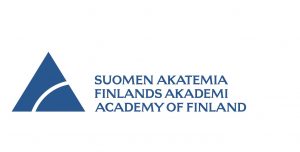Legal literacy in Finland ca. 1750-1920: A Case of Popular Legal Learning in Premodern Europe
This pioneering project investigates legal literacy, here defined as knowledge of and skills in law and legal procedure, among ordinary people (men, women and children) in Finland in the long nineteenth century.
The main research questions are:
1) Who were the non-professional “legal literates” of Finnish rural and urban society?
2) What legal knowledge and skills and how much had they learned?
3) How had they acquired their legal literacy? What law books or popular legal manuals did they have and use?
4) What kind of role did the legal literates have in their community? How did legal literacy contribute to their social mobility and personal economy? Did it create tensions?
5) What changes can be discerned during the period and why? How are they linked to societal change?
The project investigates and analyses ordinary people with a sliding scale of practical legal knowledge and skills. These people acted as intermediaries and interpreters in their communities between the learned world and the daily rural or urban life of the common people.
The research focuses mainly on the countryside, but also towns and certain special groups, such as midwives, will be investigated. The research period is ca. 1750-1920, roughly from the latter part of the eighteenth century, the last decades of the Swedish rule, until Finnish independence.
Project leader
Prof. Mia Korpiola
mia.korpiola[at]utu.fi
Funded by
